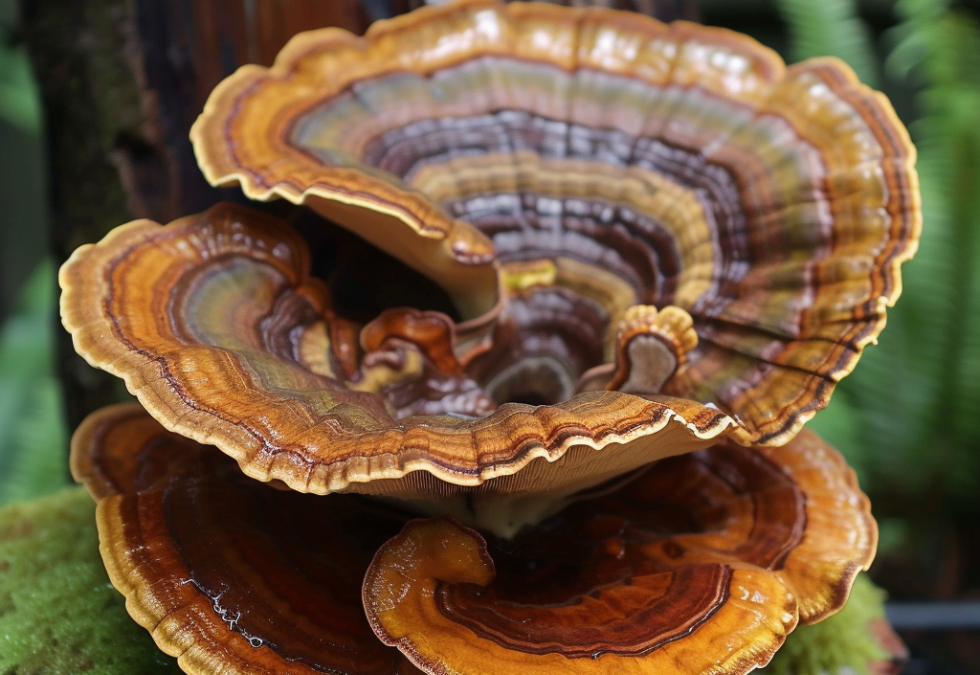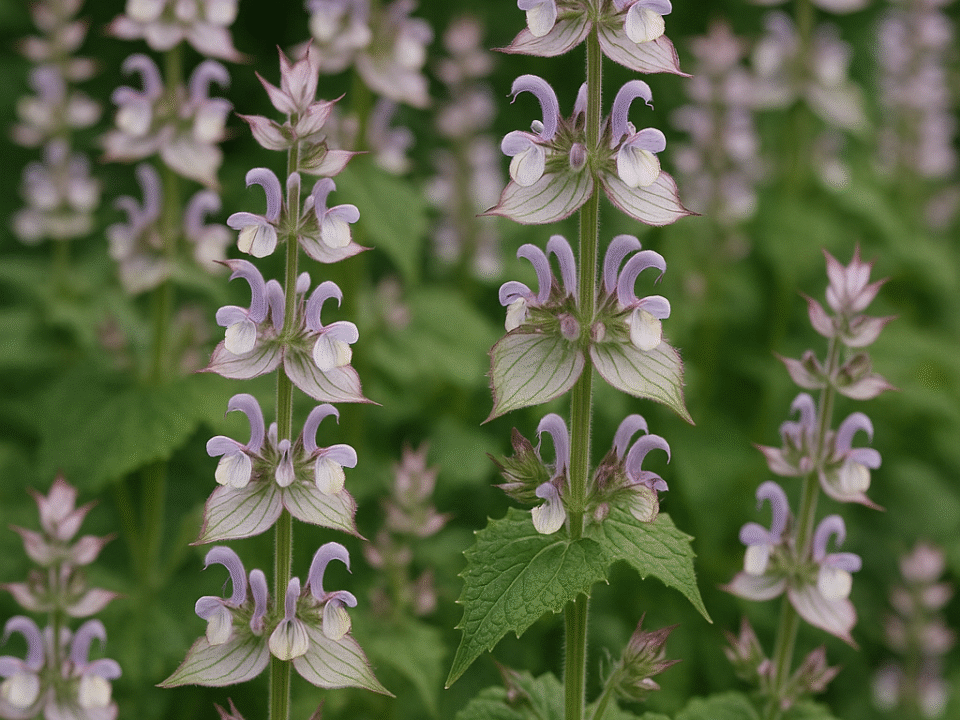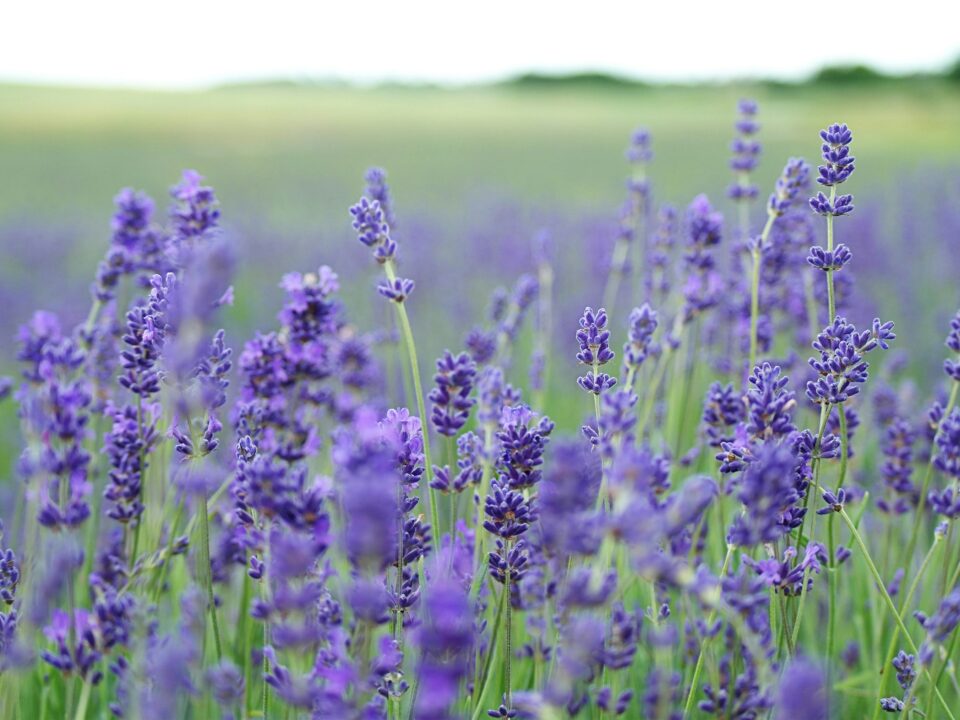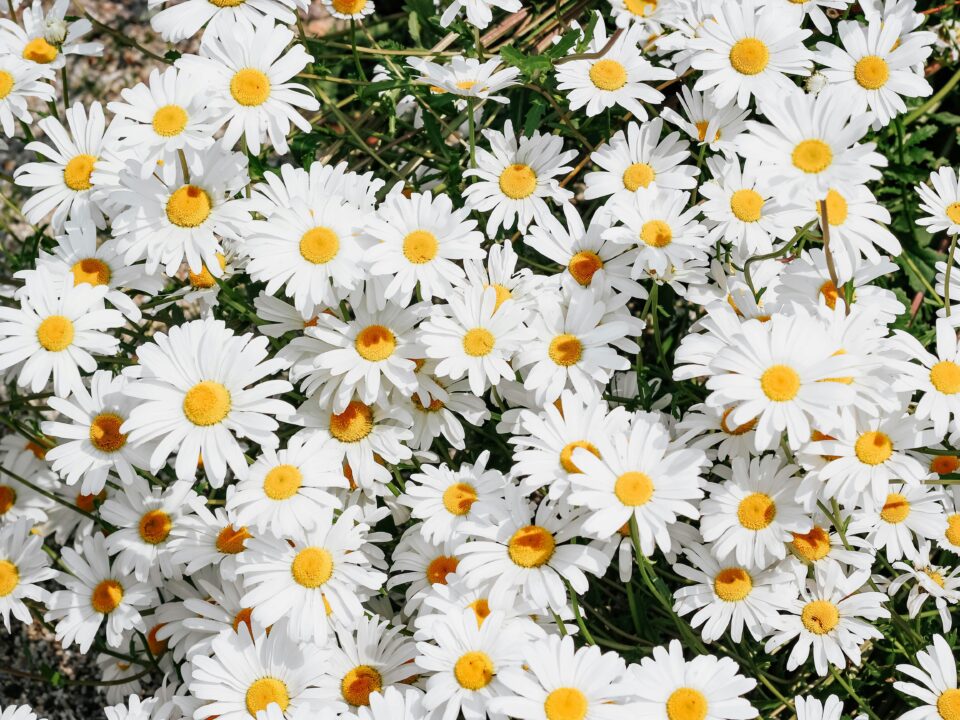
Lingzhi, or Ganoderma sichuanense, more commonly known as reishi or Ganoderma lingzhi, is a type of bracket fungus native to East Asia within the Ganoderma genus.
Reishi, referred to as the “mushroom of immortality” in ancient times, has been esteemed for over two millennia, with indications of its use dating back to Neolithic China approximately 6,800 years ago. Despite its long history, there is a current debate regarding the exact species of Ganoderma that constitutes the authentic lingzhi mushroom as of 2023.
This mushroom is recognizable by its reddish-brown, glossy, kidney-shaped cap adorned with bands, and its stem that inserts around the edge, creating a unique fan-like shape.
In its natural habitat, reishi predominantly grows at the base and on stumps of deciduous trees, particularly maples. Its occurrence is exceedingly rare in the wild, with only two or three instances of lingzhi growth among every 10,000 such trees. Cultivation efforts for lingzhi include growing it on hardwood logs, sawdust, or wood chips.
Traditionally, the lingzhi mushroom has held a place in Chinese medicine. However, current evidence is insufficient to prove that lingzhi consumption or its extracts significantly impact human health or diseases.
The skincare advantages of reishi mushrooms are numerous, including the reduction of redness and the prevention of fine lines and wrinkles. These mushrooms help to maintain high levels of two key antioxidants in the skin, ergothioneine and reduced glutathione, which fight premature aging and free radical damage while boosting sun defense.
Inflammation, a precursor to skin aging, is mitigated by the adaptogenic qualities of reishi mushrooms, which calm the skin and lessen redness. Reishi’s polysaccharides act as humectants, offering deep hydration that can reduce the appearance of fine lines and strengthen the skin’s moisture barrier.
Moreover, reishi mushroom extract can suppress the activity of tyrosinase, an enzyme that contributes to skin pigmentation, thereby aiding in the reduction of skin discoloration.
Those with sensitive skin will find reishi mushrooms compatible with various skin types, barring any specific sensitivity to reishi or its components. Due to its immune-modulatory properties, reishi can also reduce allergic skin reactions.
Reishi is deemed safe and highly beneficial for skin health, with recommendations for twice-daily application. Depending on the product form, if using a cream, it should be applied following serum use, or if in serum form, it should be used right after cleansing and before applying face cream.



